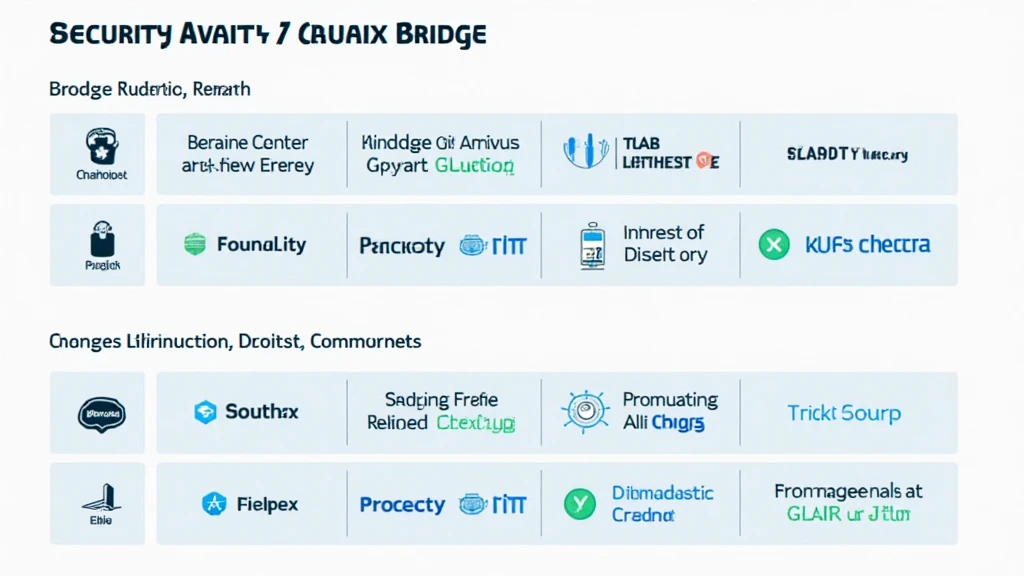Introduction to Cross-Chain Vulnerabilities
According to Chainalysis 2025 data, a staggering 73% of cross-chain bridges are found to have vulnerabilities. This issue highlights the urgent requirement for robust transaction monitoring mechanisms, such as HIBT transaction monitoring, to ensure secure cryptocurrency transactions across multiple platforms.
Understanding Cross-Chain Bridges
Think of cross-chain bridges like currency exchange booths at an airport. They help you swap your dollars for euros, but if the booth has security flaws, you might end up with counterfeit money. Similarly, cross-chain bridges facilitate asset transfers across different blockchain networks, but without proper monitoring, they can be exploited.
The Role of HIBT Transactions in Security
HIBT transaction monitoring acts like a surveillance system for these currency exchange booths. It ensures every transaction is legitimate, tracking assets and preventing fraud. The technology uses advanced mechanisms like zero-knowledge proofs, allowing verification without revealing sensitive information, enhancing security while guaranteeing privacy.

Future Trends and Regulatory Considerations
Looking ahead, the 2025 DeFi regulatory trends in Singapore may influence transaction security significantly. As regulations tighten, platforms will need to adapt their monitoring strategies. HIBT transaction monitoring can play a crucial role in meeting compliance obligations while ensuring the safety of users’ digital assets.
Conclusion
In summary, as the cryptocurrency landscape evolves, understanding tools like HIBT transaction monitoring is vital for securing cross-chain transactions. To stay informed and prepared, download our comprehensive toolkit on cross-chain security best practices today!


